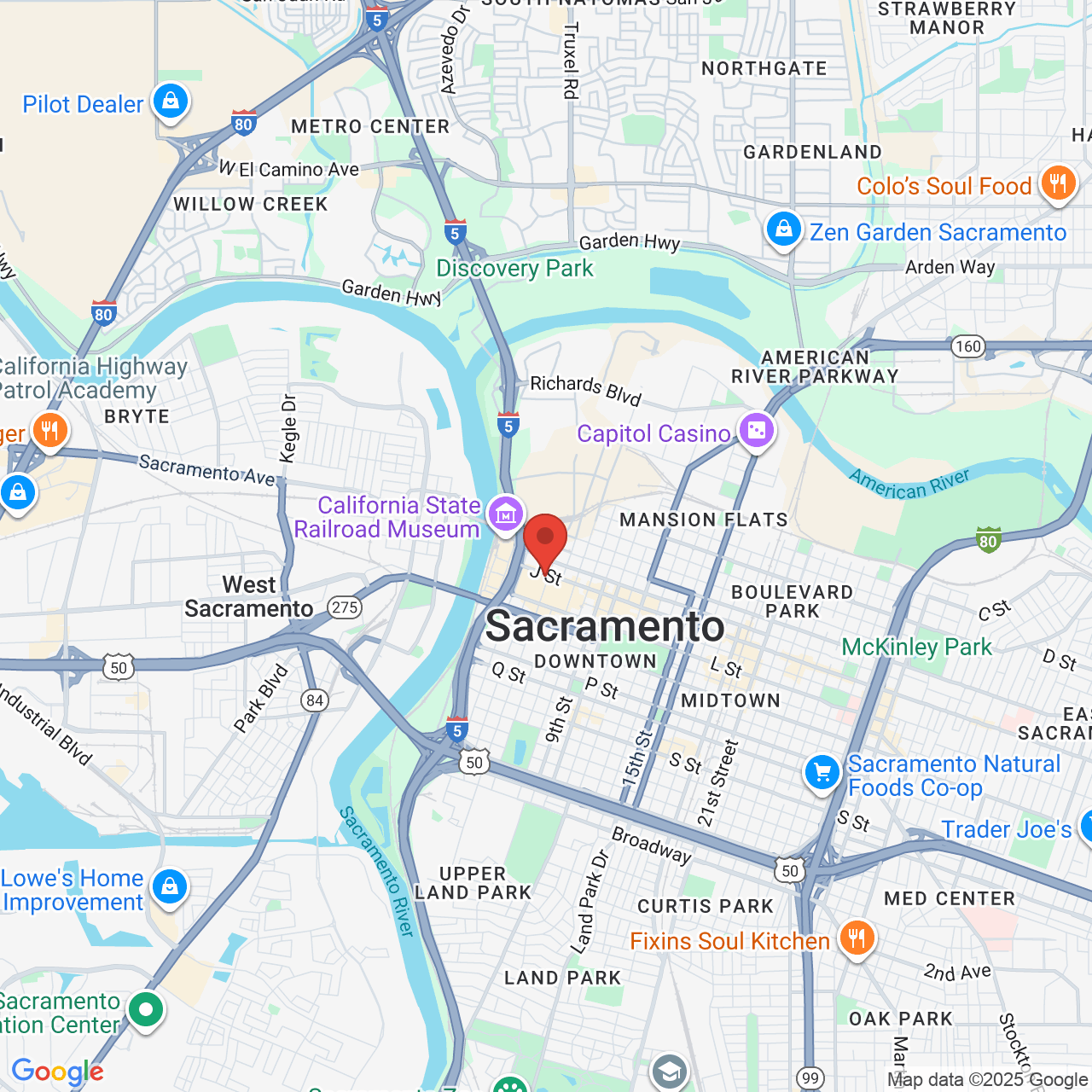What Does Proposition 22 Mean for Independent Contractors/Employees?
 Many Californians rely on ridesharing apps, delivery apps, and other “gig work” to make ends meet. Some workers may be misclassified as independent contractors, costing them benefits they would be entitled to as employees. Wage and hour lawyer Gregory Thyberg helps those facing worker’s rights violations recover compensation.
Many Californians rely on ridesharing apps, delivery apps, and other “gig work” to make ends meet. Some workers may be misclassified as independent contractors, costing them benefits they would be entitled to as employees. Wage and hour lawyer Gregory Thyberg helps those facing worker’s rights violations recover compensation.
With Assembly Bill 5 and the current state of Proposition 22, the question of who is an independent contractor versus employee has become confusing for workers. Today, Thyberg Law in Sacramento, CA,would like to take a moment to shed some light on this topic.
What’s an Independent Contractor?
Generally speaking, an independent contractor is someone who provides services under a written contract or verbal agreement. Independent contractors are different from employees in that they work as needed and are not subject to a daily schedule.
Often, independent contractors work from their own space, use their own tools and equipment, and are not managed by an employer. They typically set their own schedule and determine how they will do their work. They are also responsible for paying their own state and federal taxes.
What’s an Employee?
Employees also provide services, but instead of working as needed, employees are typically given regular hours, follow a schedule, and are required to follow company policies and guidelines. What most sets employees and independent contractors apart is the protections employees are given under federal law, for example:
- Employers are responsible for withholding state and federal payroll taxes for their employees
- Employees are eligible for state unemployment benefits
- Employees are entitled to minimum wage, overtime pay, and other wage protections
Assembly Bill 5 and Proposition 22
In the state of California, Assembly Bill 5 (AB5) was passed to help with the classification of workers and lays out how employers are to determine whether a worker is an independent contractor or employee.
One of the intentions of AB5 was to require ridesharing companies and other businesses dependent on gig workers to reclassify workers as employees. This would allow many gig workers to have the benefits and legal protections that come with being an employee.
In response, Proposition 22 was passed to allow some companies reliant on gig workers, specifically ridesharing apps, to continue to classify them as independent contractors and not employees.
The Current Status of Proposition 22
Proposition 22 would allow gig workers for certain companies to remain independent contractors with some limited benefits, such as health insurance stipends.
However, in August, 2021 Alameda County Superior Court Judge Frank Roesch ruled that Proposition 22 is both unconstitutional and unenforceable as reported by the Los Angeles Times.
Although ridesharing companies plan to appeal the ruling, currently Proposition 22 remains unenforceable.
What Does the Proposition 22 Legal Battle Mean for Workers?
If Proposition 22 remains in place after the appeal, certain companies, including some rideshare companies, will be able to continue to classify workers as independent contractors. If Proposition 22 is invalidated by the courts, these companies will be required to make certain independent contractors employees.
Given the legal battle over Proposition 22, it remains to be seen how certain workers in Sacramento will be affected. With that said, workers still have rights and should speak with an attorney if they believe they have been misclassified or denied benefits.
Contact Thyberg Law
If you have concerns that you have been misclassified as an independent contractor or believe your work-related rights have been violated, please call our Sacramento law firm at (916) 204-9173 to schedule a consultation online.


